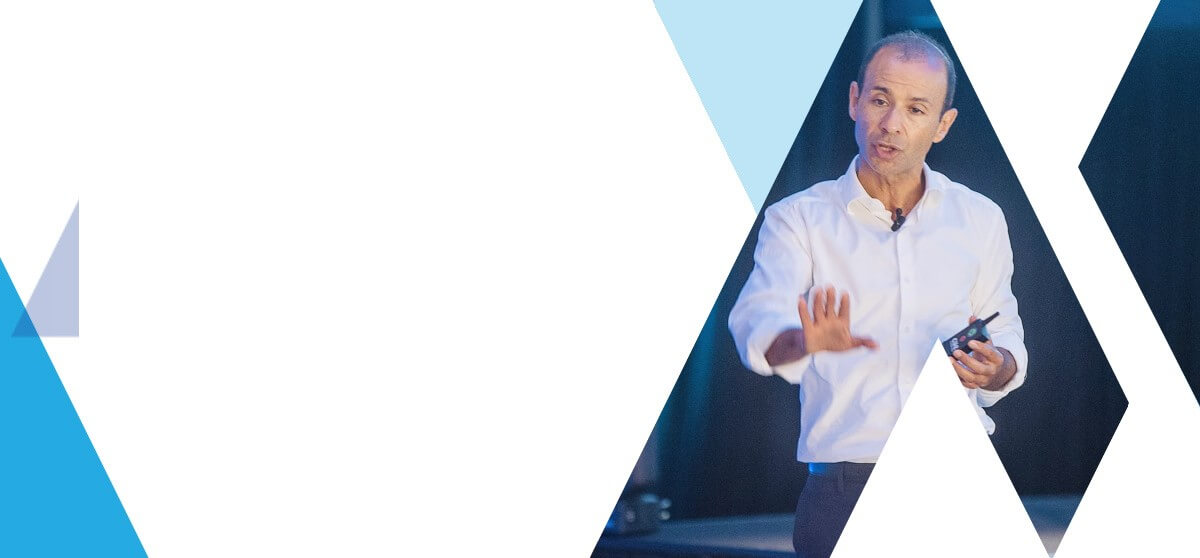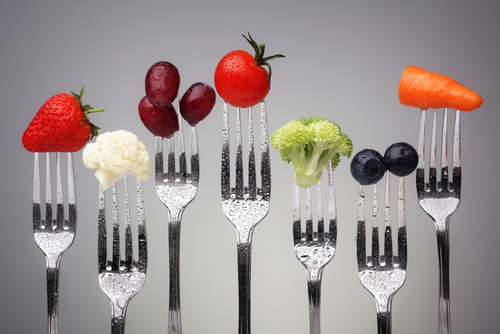Person A has no plan for health and happiness but he excelled at school and university and now has a great job. The education system and his parents taught him the notion that you work hard in the early years so you can ‘have-it-all’ later on in life. So he hops on the career treadmill and neglects his social life, playing sport, reading books, eating healthy, getting sunshine, sleeping optimally, loving his partner and bonding with his children. Meditation? What’s that? Napping on weekends? Huh? The worst part is that Person A does not even think that he has disfunction in his life. He accepts his busy life as ‘normal’. That’s the problem, this has become the norm in our society.
The results for person A are predictable. Dips in energy over time. Reliance on coffee and stimulants to get through the day, maybe even sleeping tablets at night. He has to work longer hours because his results are not as they should be. Someone younger, sharper and more energetic has joined his department and is outperforming him. He feels the pressure and anxiety creeps into the pit of his stomach. This feeling starts to linger and he may even need meds or reliance on alcohol to relax. The bags under his eyes get puffier every morning. He starts getting irritable at home and descends into arguments in front of the children. Not a pretty sight.
Experts all agree that, as a person’s health deteriorates so does their cognitive and work performance.
Person B spends just as much time on her personal life as she does on her career. She works marginally less hours than person A but uses this time to exercise, to meditate for 10 mins and prime herself for gratitude, to write in her journal for 5 mins so she can plan her day and a fun social life. She has lunch in the park where she sends her partner a cheeky diary invite scheduling intimacy later that night.
The results for person B are also predictable. She may not outperform person A in the short term at work but in the medium to long term she definitely will. She will age slower, be happier and have better relationships. She is not perfect but she aims for progress not perfection.
The difference between person A and person B is clear but what motivates them may not be. You see, person A is a victim of poor programming. Person A has a warped sense of what WEALTH is. In western society we are obsessed with having wealth and there is nothing wrong with that. What is wrong however is how we define our wealth.
This is a snapshot of how you should be defining your wealth, in order of priority:
1. Having high energy, a strong body with great posture, a sharp mind, being emotionally solid, sleeping peacefully, the time to enjoy your food slowly and mindfully.
2. Feeling attractive, wanted and being in an affectionate loving relationship. Deep down we all need touch by another person or even a pet.
3. Having a great family dynamic, where you can connect uninterrupted by phones and media, and time to read, talk and play with your children (if you are a parent).
4. Having a career or business that fulfils you emotionally and working in a comfortable uncompetitive environment that has a culture of purpose, inspiration, support, and humility.
5. Having friends that make you laugh and support you.
6. Growing your mind through learning, reading and networking with other like-minded people.
7. Having the time to feel gratitude and the heart-space to want to help others and contribute to society.
Nothing on this list requires a fancy car, a big house or a Louis Vuitton bag. Don’t get me wrong, I am not against owning things, as long as they don’t own or define you. And as long as you do not go into debt to afford them. Debt is a form of slavery that forces you to work longer hours to pay for things you don’t really need or have time to enjoy, because you are too busy working to pay them off.
Next Steps?
Sit and take 5 minutes to define your wealth first. How do you do that? There is a technique that we use at A Higher Branch Success Academy. It is called “Not Negotiable”. At a very high level, the technique goes like this. What are you prepared to give up to save this part of your life? For example, would you be prepared to lose money over it? Would you give up all your assets to save your health, your marriage, your kids. Would you give up a career to make you happy? Would you let go of a client or a team member who is not aligned to your core values and standards even if it sets your business back?
What is your definition of wealth? What are your not negotiables?
Warm regards with love, respect and always with humility, thank you for reading this article. I enjoyed writing it and I hope it taught you something new or reconnected you with something your already know. Please feel free to share your own insights. It is only through sharing our ideas that we all grow together. Sam@AHigherBranch.com
If you are looking for part 1 of this article, please click here





